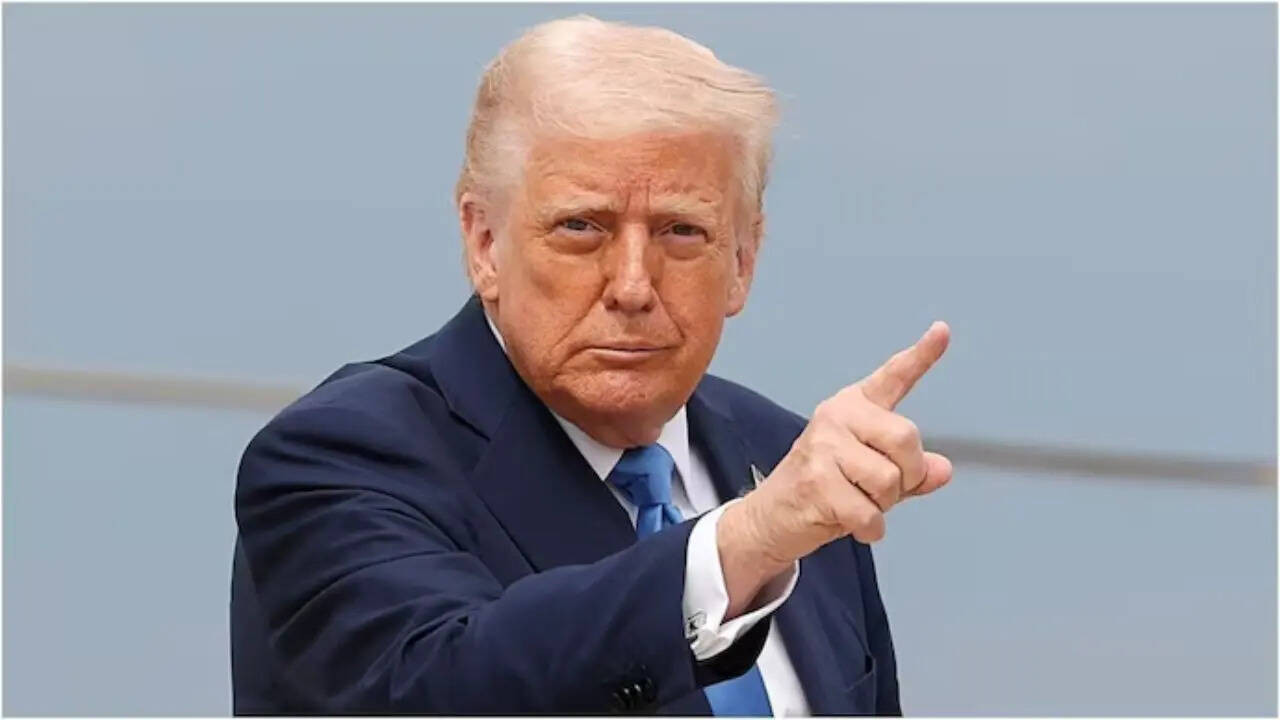Donald Trump Mistakes Cognitive Exam For IQ Test; Experts Say His Confusion May Be A Sign Of Dementia

Credits: Canva
SummaryUS President Donald Trump has once again drawn attention to his mental health after claiming to have taken an “IQ test,” seemingly confusing it with a dementia screening. His remarks have reignited debate over whether his repeated verbal slips and confusion could point to cognitive decline.
End of Article
